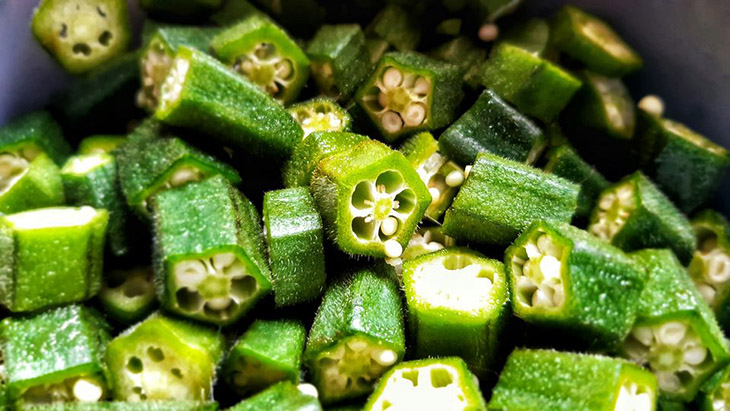

In a breakthrough that blends environmental science with the power of natural materials, researchers from Tarleton State University in Texas have discovered that extracts from okra and fenugreek can safely and effectively remove microplastics from water sources. Funded by the U.S. Department of Energy, the study led by Rajani Srinivasan offers a promising, biodegradable alternative to synthetic polymers currently used in wastewater treatment.
Microplastics, tiny plastic particles less than five millimeters in size, have become a growing global concern, infiltrating oceans, rivers, groundwater, and even drinking water supplies. Traditional removal methods rely on synthetic polymers such as polyacrylamide, which, while effective, carry environmental and health concerns due to the toxicity of their precursors. Srinivasan and her team believed that nature might hold a safer, more sustainable solution.
The researchers focused on the sticky, slimy substances produced by okra and fenugreek—plants well-known in culinary traditions but now showing scientific promise. Okra pods contain mucilage, a gelatinous substance rich in polysaccharides, while fenugreek seeds produce a gel-like extract with similar polymeric properties. By soaking sliced okra pods and blending fenugreek seeds in water overnight, the team extracted these natural polymers, dried them into powder form, and tested their microplastic-trapping capabilities.
Initial laboratory experiments using pure water spiked with microplastics produced impressive results. According to analyses published in the American Chemical Society journal, dried okra extracts removed about 67% of microplastics within an hour, while fenugreek extracts achieved an even higher removal rate of 93%. A mixture of the two—using equal parts okra and fenugreek—reached its maximum efficiency of around 70% within just 30 minutes. Notably, these plant-based powders outperformed synthetic polyacrylamide in several tests.
But the real test came when researchers turned to actual water samples collected from various sources around Texas. Results varied depending on the type of water. Okra performed best in ocean water, removing 80% of microplastics. Fenugreek excelled in groundwater, capturing between 80-90%, while the combined extract mixture worked most effectively in freshwater, achieving 77% removal. Srinivasan’s team believes these differences reflect the diverse characteristics of microplastics present in each environment, such as variations in size, shape, and chemical composition.
This innovation is particularly significant because, while polyacrylamide itself has low toxicity, its precursor, acrylamide, is classified as a toxic compound. By contrast, okra and fenugreek extracts are food-grade, biodegradable, and pose no such risk. “Utilizing these plant-based extracts in water treatment will remove microplastics and other pollutants without introducing additional toxic substances to the treated water,” said Srinivasan in a recent media release, “thus reducing long-term health risks to the population.”
Srinivasan was inspired to pursue this research after earlier success using food-grade plant extracts to remove textile pollutants from wastewater. Reflecting on her work, she explained, “I thought, why not try microplastics?” That curiosity has now led to one of the most promising natural methods for tackling a stubborn environmental challenge.
While more research is needed to scale these findings to industrial-level applications, the study opens the door to sustainable solutions that align with global efforts to combat plastic pollution. The use of biodegradable, non-toxic plant-based materials represents a significant leap forward in creating eco-friendly water treatment methods that safeguard both environmental and human health.
As microplastic pollution continues to threaten ecosystems and public health worldwide, the work of Srinivasan and her team offers hope that solutions rooted in nature can provide the answers we urgently need.
What are your thoughts? Please comment below and share this news!
True Activist / Report a typo







